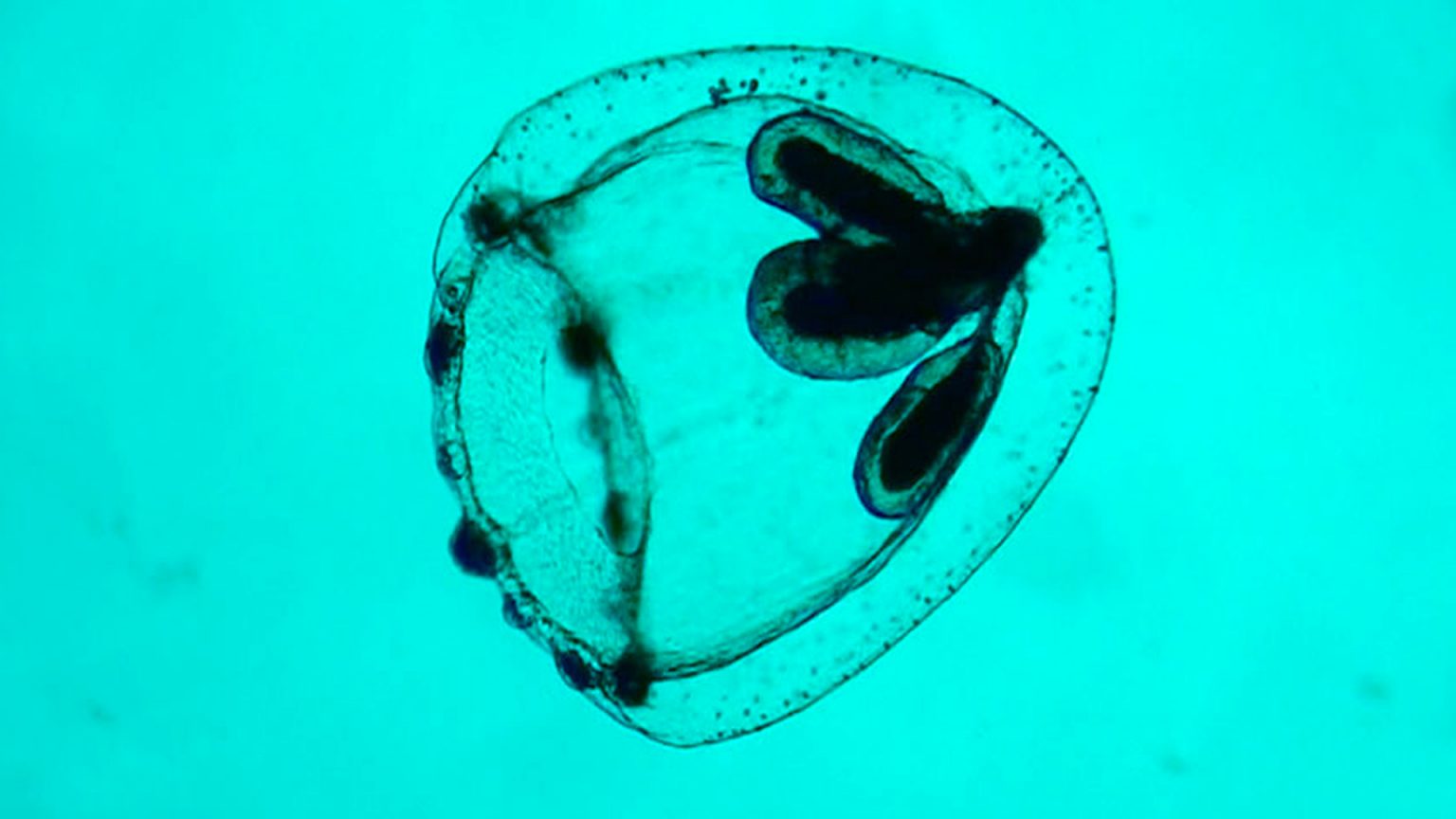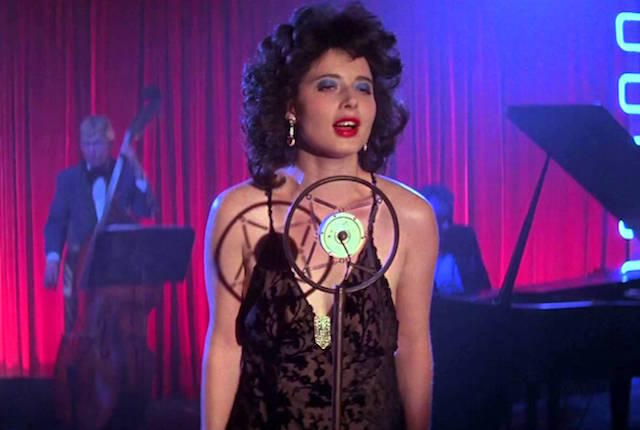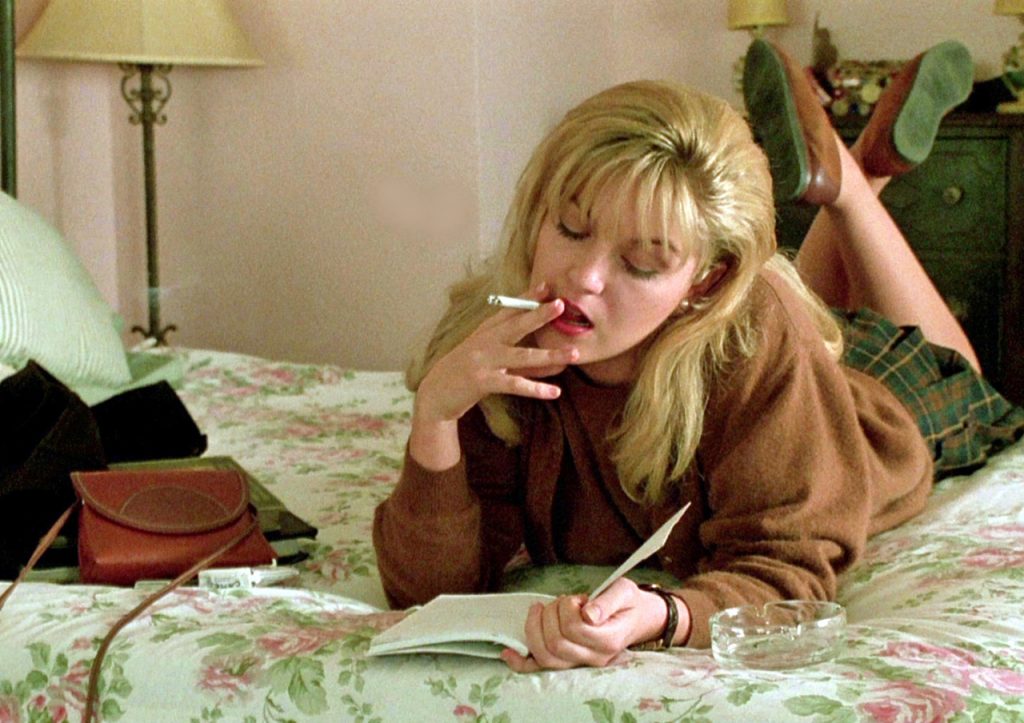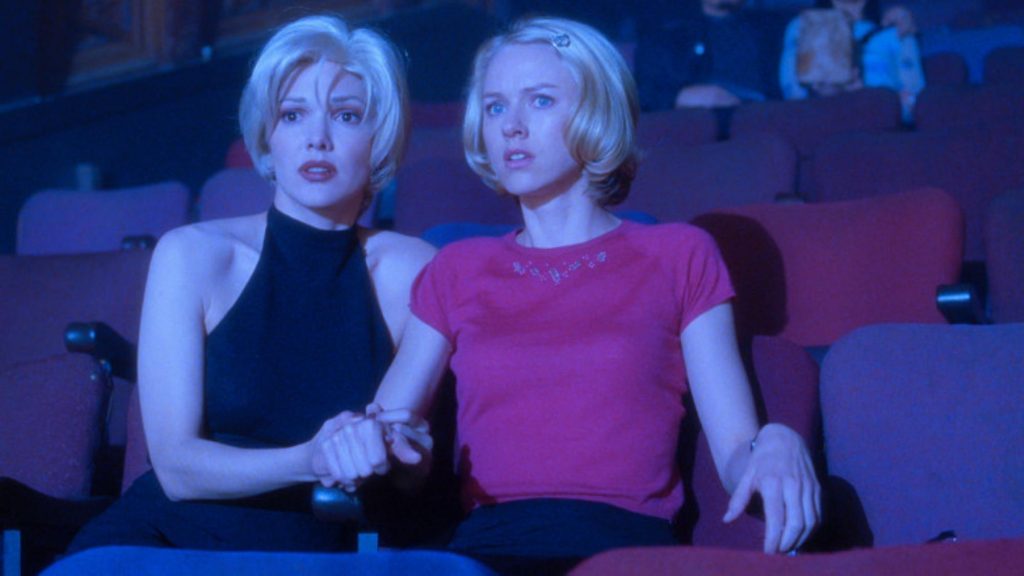In all my years of watching, only a handful of women in modern movies have felt real to me—were ladies I thought I could sit down with and relate to on some level. As shocking as it might be to say, most of them have been created by David Lynch. He makes chick flicks I can get behind. If you set aside his surrealism and unique sense of humor, most of Lynch’s movies are, at their core, women’s pictures. His movies are about the plights women face and the abuse we sometimes receive from men. From Dorothy Vallens (Isabella Rossellini) in Blue Velvet (1986) and Laura Palmer (Sheryl Lee) in Twin Peaks: Fire Walk with Me (1992) to Laura Dern’s Lula and Nikki in Wild at Heart (1990) and Inland Empire (2006), Lynch has created some of the most stunning, complex, and realistic women ever to be on screen.
His women are troubled, battered, bruised, and relentless. They’re the sort you can imagine marching into a dive bar to pick up her drunk husband after working a double shift at the local diner. Still in uniform, red-lipstick-stained cigarette dangling from her mouth as she drags him outside. Her kids are already asleep in the back of the station wagon because they know the drill. Some might call Lynch’s female characters white trash because they’re usually poor and slutty, the kind of women you’d either put down or just brush off, but in his world they’re starlets and leading ladies. Women with true, day-old-coffee-type grit. Mildred Pierces from Mars.
‘Blue Velvet’
There’s a tremendous amount of violence against women in David Lynch’s movies—violence that’s both self-inflicted and inflicted by various male characters. Lynch’s violence is palpable. It’s not easy, or sexy in the least, to watch the beautiful, hurting Dorothy Vallens walk down the street buck naked after being driven mad by Frank Booth (Dennis Hopper). It hurts like hell to see rape survivor Lula coerced into asking Bobby Peru (Willem Dafoe) for sex in Wild at Heart, only to have him refuse at the last second, making her feel simultaneously guilty, rejected, and traumatized for desiring what she didn’t actually want. It’s even more difficult to see Laura Palmer grapple with her demons, looking for help from every Tom, Dick, and Harry who will fuck her or buy her drugs. Turns out they’re all only interested in possessing her and keeping her for themselves.
“Nightmarish” is what people often call Lynch’s movies, aptly enough. His very realistic nightmares are almost wholly feminine in nature. Anti-Woody Allen, Lynch’s womanly nightmares are what happens when you can’t afford to leave your abusive boyfriend, go to therapy, or get yourself out of trouble when the time comes. They’re the nightmares you’re stuck with for life because you weren’t born on the right side of the tracks or, God forbid, are a woman who enjoys bodily pleasures a little too much.
‘Twin Peaks: Fire Walk with Me’
These ladies scream and hurt and cry because they’re in real pain and rarely have someone to turn to for help, not because their rich successful boyfriends left them for younger women, or their Chanel suits got disheveled. I’m not sure how, but Lynch gets it: He gets how scary it is to be a woman. He knows what it’s like to have a random man ask you to smile while you’re walking down the street, and how terrifying it can be to have a stranger follow you into your building at night. He gets it.
Lynch’s women don’t falter in fear, though. They struggle, they scream, but they don’t falter. In Wild at Heart, when Sailor goes to prison again, Lula doesn’t give up on him or herself. She has their son, raises him right, and looks happy and healthy when she goes to pick Sailor up from the train depot after he’s released. Dorothy Vallens lives to tell the tale after enduring Frank’s torture and abuse in Blue Velvet. The sun shines as she’s reunited with her son. Dorothy (mostly) gets her happy ending.
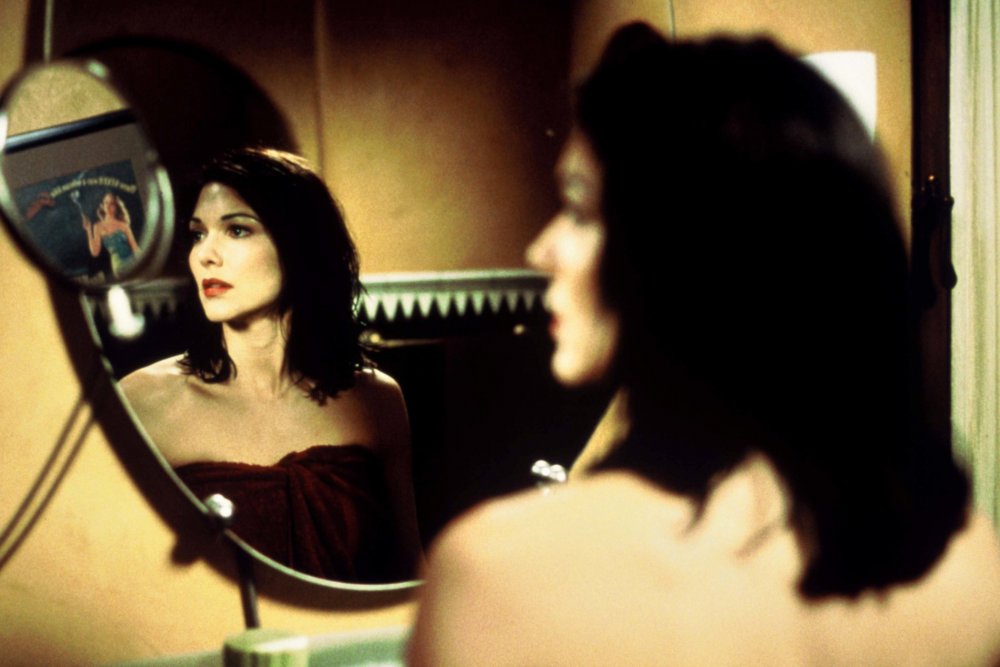
Then there’s the one Lynch movie that’s really its own special case: Mulholland Drive (2001). Here, mediocre actress Diane Selwyn (Naomi Watts) is madly in love with cunty but successful actress Camilla Rhodes (Laura Elena Harring). They have an abusive relationship, in which Camilla dangles her love and affection in front of Diane like she’s a Chihuahua begging for a scrap of roast beef. But we’re not experiencing this horror show for the bulk of the movie; we’re mostly watching a dream Diane has where she, as “Betty” in the dream, is Camilla’s—that is, “Rita’s”—strong, capable protector. Rita is in trouble, Betty is there for her, and Rita loves her for it. In this ideal world, Betty is also a great actress on the verge of superstardom. She has everything she wants—until she wakes up. Then reality sets in, and it’s all the more painful for her to deal with because of how beautiful and fulfilling the dream was. Camilla, as cruel as ever, tells Dianne, “You drive me wild” and “I don’t think we should do this anymore” in the same breath. She invites Diane to a party only to rub her other romantic conquests in her face. Unable to cope with the pain, Diane pays someone to kill Camilla, then kills herself because of how guilty and worthless she feels.
Though some might disagree, I believe that women are taught to put on brave, smiling faces at all times. No matter how we feel, we should always appear happy and calm to the outside world. That’s why men tell us to smile on the street. If we show how we really feel, if we’re sad, crying, or just blah, it’s a personal affront to those men who want us to smile. They want to be the reason we smile; they want to possess our emotions and play them like a piano. Men are allowed to do whatever they want—scream, shout, get in fistfights, be angry at the world, but it’s sacrilege if women do the same. Not many women can control the mood and atmosphere of a room, make it nail-bitingly tense or charmingly easy, but most of the men I know can. It seems highly doubtful that the male characters in Lynch’s movies ever were told to keep quiet.
‘Mulholland Drive’
Diane isn’t capable of putting on a brave, smiling face. She’s too sincere and too bad an actress to keep up with Camilla and her games. Diane always shows how she really feels. Women, myself included, often feel guilty when we’re not skilled enough to hide our depression. We have a tendency to hurt and punish ourselves when we’re not happy because we constantly feel that societal pressure to perform and be chipper all the time. Self-annihilation comes in many forms. Cutting. Drinking. Anorexia. Some women, like Dorothy Vallens, punish themselves by letting others physically punish them. She derives so much pleasure from being hit because it’s a release from her pain. Laura Palmer acts out. She punishes herself through drugs, sex with anyone who will have her (“So, you want to fuck the Homecoming Queen?”), and putting herself in incredibly dangerous situations. She feels guilty for being a victim and acts out to show just how in control she is of her own life. Diane is a glutton for punishment as if she feels unworthy of Camilla’s affections but (therefore) worthy of her emotional abuse. Just keeping Camilla in her life is punishment enough. Diane is lucky enough to have a whole other person, in addition to herself, telling her she’s useless.
Men in David Lynch’s universe have the possibility of spiritual mobility. They seem able to transform themselves into their own counterparts, which exist in tandem, complete unto themselves. Think of Blue Velvet when Frank Booth tells Jeffrey Beaumont (Kyle MacLachlan), “You’re like me!” He’s not threatened, but proud, like a perverted father to his pervert son. Women in Lynch’s universe don’t have this luxury. They’re inhibited by their nightmares. But they survive. They cope in a similar fashion to the early Christian mystics, who were usually women. In early Christianity, it was a common idea that only men could study the “Word of God.” Women weren’t taught to read and write, so they became mystics—able to conjure the very pain of Christ-on-the-Cross within themselves. Composer Hildegard von Bingen is one example. Another is Margery Kempe, the author of the first-ever autobiography written in the English language. In the book, she is undergoing her own Lynchian transformation—referring to herself as “The Creature” and documenting the various states of torture to which she subjects herself in the pursuit of God’s word. She accepts this as her higher calling, and, when asked why she cries so much by an Archbishop, replies, “Sir, you shall wish someday you had wept as sorely as I.” These women, like Lynch’s, are depended upon by society to be at war within themselves. They cannot exist cooperatively beside themselves as the men can. They would sooner stab their doppelgangers in the head than tolerate their existence. That’s why Diane’s death is such a tragedy. She had a real possibility to love herself.

